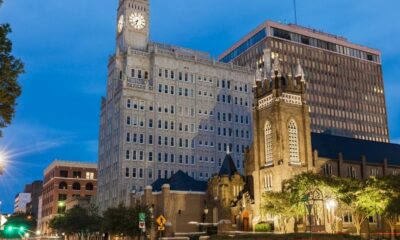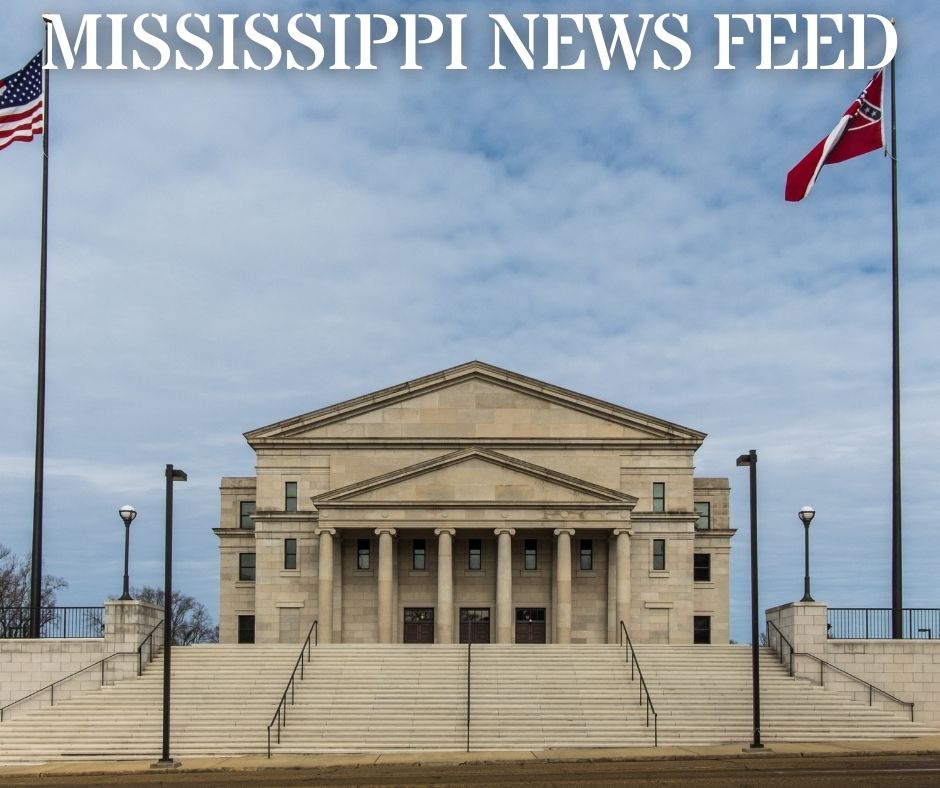With a $23.3 trillion economy – accounting for nearly a quarter of global economic output in 2021 – the United States is the wealthiest country in the world by a wide margin. But despite its economic strength, the U.S. is also home to some of the world's highest levels of income inequality. According to the World Bank, the wealth gap between the rich and poor in the U.S. is more pronounced than in China, Russia, or any highly developed European country with available data.
The latest available figures from the U.S. Census Bureau show that more than 41 million Americans live below the poverty line, which for a single household, for example, means (in most of the country) living on an annual income of $14,580 or less. Meanwhile, at the other end of the spectrum, nearly 12.5 million American households earn more than $200,000 a year, and over 23% of all income in the U.S. is controlled by the top 5% of households by earnings.
Not only concentrated in the hands of a relative few, wealth is also geographically concentrated in the United States. Across the country, there are communities defined, at least in part, by their affluence – wealthy enclaves where incomes far exceed that of the average American household.
Of all places in Mississippi with populations between 1,000 and 25,000, Pleasant Hill ranks as the wealthiest. The average household income in the town stands at $187,029, about $118,400 more than the statewide average.
All data in this story are five-year estimates from the U.S. Census Bureau's 2021 American Community Survey. For the purposes of this story, all places covered by the census with populations between 1,000 and 25,000 were considered towns.
| Richest town by state | Avg. household income in town ($) | Avg. household income in state ($) | Median home value in town ($) | Median home value in state ($) |
|---|---|---|---|---|
| Alabama: Mountain Brook | 249,818 | 76,150 | 697,800 | 157,100 |
| Alaska: Steele Creek | 151,203 | 103,258 | 274,900 | 282,800 |
| Arizona: Paradise Valley | 359,522 | 89,693 | 1,778,000 | 265,600 |
| Arkansas: Goshen | 192,359 | 73,346 | 447,300 | 142,100 |
| California: Atherton | 539,944 | 119,149 | 2,000,000+ | 573,200 |
| Colorado: Cherry Hills Village | 464,068 | 107,446 | 2,000,000+ | 397,500 |
| Connecticut: Tokeneke | 611,239 | 120,670 | 2,000,000+ | 286,700 |
| Delaware: Rehoboth Beach | 255,755 | 97,081 | 1,186,900 | 269,700 |
| Florida: Palm Beach | 332,764 | 88,267 | 1,523,100 | 248,700 |
| Georgia: Druid Hills | 209,785 | 91,082 | 698,000 | 206,700 |
| Hawaii: Kaanapali | 223,037 | 113,310 | 1,317,100 | 662,100 |
| Idaho: Hidden Spring | 180,783 | 83,777 | 523,400 | 266,500 |
| Illinois: Winnetka | 417,007 | 100,719 | 1,123,700 | 212,600 |
| Indiana: Meridian Hills | 278,878 | 81,703 | 554,900 | 158,500 |
| Iowa: Kent Estates | 172,590 | 84,948 | 314,700 | 160,700 |
| Kansas: Mission Hills | 444,346 | 87,033 | 963,400 | 164,800 |
| Kentucky: Anchorage | 305,118 | 76,511 | 707,100 | 155,100 |
| Louisiana: Des Allemands | 139,761 | 77,025 | 122,800 | 174,000 |
| Maine: Falmouth Foreside | 204,669 | 83,914 | 581,300 | 212,100 |
| Maryland: Chevy Chase Village | 489,515 | 120,234 | 1,938,800 | 338,500 |
| Massachusetts: Dover | 432,571 | 123,174 | 1,020,700 | 424,700 |
| Michigan: Orchard Lake Village | 355,008 | 85,727 | 727,100 | 172,100 |
| Minnesota: Orono | 306,372 | 102,691 | 766,700 | 250,200 |
| Mississippi: Pleasant Hill | 187,029 | 68,636 | 269,500 | 133,000 |
| Missouri: Ladue | 384,815 | 83,152 | 844,700 | 171,800 |
| Montana: Helena Valley Northeast | 142,825 | 82,237 | 373,500 | 263,700 |
| Nebraska: Hickman | 119,081 | 87,815 | 224,500 | 174,100 |
| Nevada: Incline Village | 198,214 | 89,562 | 1,042,700 | 315,900 |
| New Hampshire: Hanover | 184,742 | 108,061 | 610,900 | 288,700 |
| New Jersey: Short Hills | 428,352 | 124,626 | 1,389,900 | 355,700 |
| New Mexico: Las Campanas | 246,737 | 74,363 | 1,075,900 | 184,800 |
| New York: Brookville | 617,173 | 111,583 | 2,000,000+ | 340,600 |
| North Carolina: Biltmore Forest | 317,802 | 84,888 | 1,074,500 | 197,500 |
| North Dakota: Horace | 188,255 | 89,443 | 378,700 | 209,900 |
| Ohio: Coldstream | 371,209 | 83,820 | 623,000 | 159,900 |
| Oklahoma: Nichols Hills | 337,257 | 78,040 | 740,200 | 150,800 |
| Oregon: Dunthorpe | 428,601 | 94,034 | 1,347,400 | 362,200 |
| Pennsylvania: Messiah College | 390,363 | 92,849 | N/A | 197,300 |
| Rhode Island: Charlestown | 134,740 | 97,908 | 425,700 | 292,600 |
| South Carolina: Kiawah Island | 366,392 | 81,142 | 1,442,000 | 181,800 |
| South Dakota: Dakota Dunes | 166,304 | 83,175 | 376,900 | 187,800 |
| Tennessee: Belle Meade | 434,848 | 82,012 | 1,662,100 | 193,700 |
| Texas: Hunters Creek Village | 477,852 | 94,115 | 1,846,200 | 202,600 |
| Utah: East Basin | 281,879 | 101,412 | 839,500 | 339,700 |
| Vermont: Woodstock | 127,822 | 89,820 | 480,400 | 240,600 |
| Virginia: Great Falls | 353,259 | 111,013 | 1,134,900 | 295,500 |
| Washington: Yarrow Point | 410,703 | 111,431 | 2,000,000+ | 397,600 |
| West Virginia: Shenandoah Junction | 169,135 | 69,436 | 162,400 | 128,800 |
| Wisconsin: River Hills | 283,369 | 87,733 | 637,900 | 200,400 |
| Wyoming: Hoback | 195,161 | 87,786 | 930,700 | 237,900 |







































